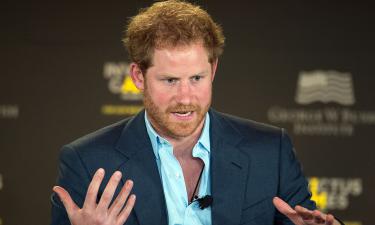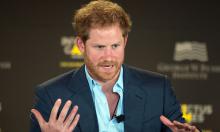Traditional medicines may do more harm, than good
The United Nations World Health Organization (WHO) has published guidelines for governments and consumers that will help them to navigate the largely unregulated world of alternative medicines.
Up to 80 per cent of all people in the developing world rely on traditional medicine for their primary health care, according to WHO. In wealthy countries, many people seek out various types of natural remedies on the assumption that natural means safe. But reports of adverse reactions to these treatments are on the rise.
"WHO supports traditional and alternative medicines when these have demonstrated benefits for the patient and minimal risks," WHO Director-General Dr. Lee Jong-wook said. "But as more people use these medicines, governments should have the tools to ensure all stakeholders have the best information about their benefits and their risks."
The guidelines provide simple, easy to follow tips on issues to look out for and a brief checklist of basic questions which may be used to help facilitate proper use of traditional and alternative medicine.
The World Health Organization says the consumption of traditional medicines is increasing in all countries. WHO Assistant director General Vladimir Lephakin says these medicines are sometimes beneficial, but sometimes cause harm. He says natural does not always mean safe.
"The assumption that traditional medicines, very often so-called natural medicine, is safe is not correct. There are a lot of examples when people suffer and not only suffer, but also die because of drug interaction or non-proper use of traditional medicine," he says.
Subscribe to Pravda.Ru Telegram channel, Facebook, RSS!





